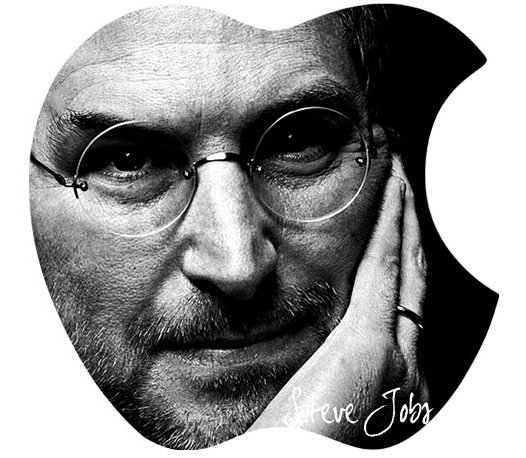In a recent court hearing of the latest anti-trust lawsuit Apple Inc. (NASDAQ:AAPL) is currently defending, a video testimony of Steve Jobs was shown as material evidence for the case. The video, a deposition of sorts, showcased the Apple founder, six months before his unexpected death, speaking about Apple security issues and his own observations regarding Apple Inc. However, now, news companies want the video deposition to be released to the general public; they have filed a motion in court to that effect.
The news companies that have proceeded with the motion in a court of law are Bloomberg, Associated Press, and CNN. Lawyers representing all three companies have argued in court that the video deposition, which was shown as evidence in the anti-trust case, should be released to the general public, because there is “substantial public interest” in it.
According to Thomas Burke, the attorney representing the three news companies, the video deposition is a “rare, posthumous appearance” by the highly controversial Steve Jobs, whose company is on its way to becoming the highest valued company in the world. Burke argued the fact that Apple Inc. had no interest in keeping the video private any longer, as it had already been shown in court as regular testimony (one which has a publicly available transcript but cannot be shown again outside court). Hence, according to Burke, it was in the best interest of the public, without any harm to Apple Inc. whatsoever, that the video was released for general viewership.

While presenting the Steve Jobs deposition in court, Apple Inc. (NASDAQ:AAPL)., through its lawyers, had requested the Judge hearing the case to treat the provided evidence as a testimony of a regular nature, meaning it could not be shown anywhere else outside of court. However, according to reports, the Judge never sealed the evidence of the case, which means the question of its ultimate release is still open in the court of law. The news firms which have proceeded the motion in court to acquire access to Steve Jobs deposition first contacted Apple Inc. in this regard. However, in reply, Burke, who sent the email, received rejection by Apple through email, giving a 12 hour deadline to respond as to why his request could not be entertained. No detailed response was received by Burke within the stipulated time, and Burke proceeded with the motion in court.
Only 30 minutes of the video deposition were shown in court during the case hearing last Friday. The case finds its root as far back as 2005, when the earliest claims of violation of anti-trust laws by Apple were made. It has been argued that Apple illegally shunned competitors from the market by using unfair means in order to establish its own dominance. The case centers around the iPod scenario, in which users were limited to purchasing music from only Apple iTunes store, even though the device initially claimed to support music from all music stores and CDs. If all goes smoothly, the anti-trust case should wrap up by the end of this week.



